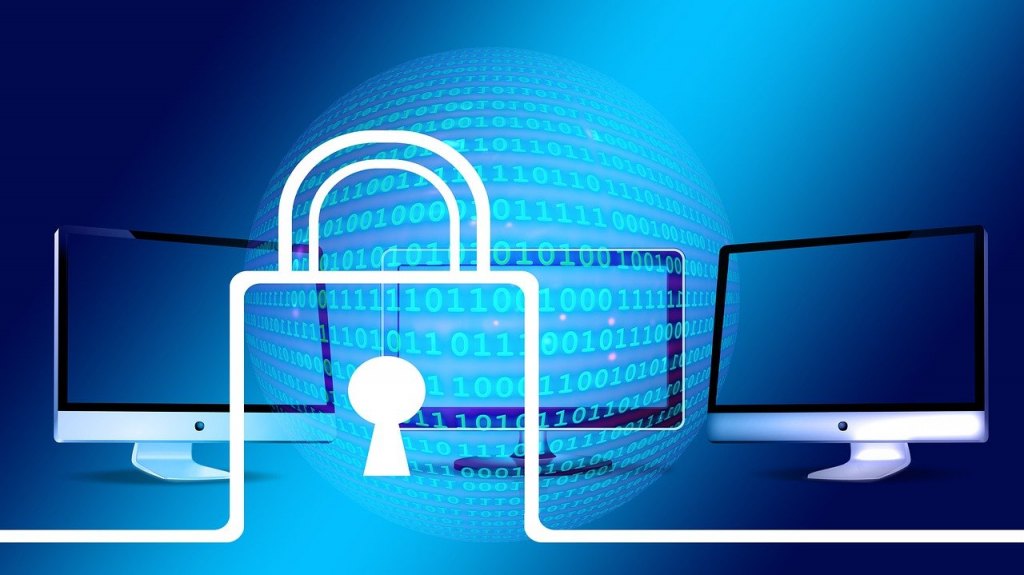
Source: pixabay
Market research firm, Reportlinker, announced the release of its report on the Data Protection-as-a-Service (DPaaS) market. Analysts estimate that the global DPaaS market will reach $23.09 billion in 2022 and expect it to grow to $63.38 billion in 2026 at a CAGR of 28.7%.
Organizations worldwide are concerned about data loss and data security; thus propelling the demand for DPaaS. Based on cybersecurity statistics, for instance, ransomware is the fastest-growing cybercrime of choice for hackers. The cost of ransomware damage in 2021 was $20 billion, which was 57 times more than the cost in 2015. The data loss due to ransomware attacks and internal issues is convincing businesses to not only get cyber insurance coverage but also hire the services of cybersecurity experts via DPaaS.
DPaaS Market Trends
Companies adopting IoT and other technologies like virtual private network (VPN) and hybrid cloud is also influencing DPaaS market trends. With global connected IoT devices set to exceed 75 billion by 2025, organizations are becoming more concerned about monitoring the security of their IoT devices. Based on IoT trends, the market will see a renewed focus on security as complex data security challenges arise.
Meanwhile, DPaaS providers use virtual solutions like VPNs and firewalls to remotely monitor a company’s IT network. These tools also make it easier to archive and store data in the long term or quickly restore data-in-transit or data-at-rest.
On the other hand, hybrid cloud is gaining favor among enterprises and SMEs. DPaaS can be deployed both in the public and private cloud but the hybrid option combines the benefits of both. As a result, the hybrid cloud provides more flexibility and is a more cost-effective solution for clients.
DPaaS Addresses Complex IT Security Concerns
Organizations know the importance of securing their IT networks. However, IT staff are already overwhelmed with other priorities. Some companies also struggle with skills shortages and can’t fill vacant positions in their IT departments. Managed services like DPaaS can address these problems.
In today’s complex IT systems, DPaaS can be a necessity more than a convenience. Businesses operating in highly regulated industries, for example, can benefit from DPaaS since its a more reliable approach to data loss protection and recovery. DPaaS can help organizations meet data governance and data protection compliance, especially for laws like HIPAA, SOX, and PCI.
Furthermore, DPaaS capabilities are more sophisticated compared to traditional data protection strategies. DPaaS can deliver faster backups and data transfer, instant restoration, and data protection at the application and database level. Since DPaaS uses the cloud, it can frequently and securely back up company files and databases. In case of a disruption, files can be quickly restored.
Also, DPaaS solutions often implement automated workflows that can ensure appropriate backups are restored without adding more work to an already overwhelmed IT team. Companies can also ensure that Recovery Point Objective (RPO) and Recovery Time Objective (RTO) are being met. Automated backups mean companies have an up-to-date backup for recovery efforts and data sets can be restored at a specific point in time or before they were corrupted, deleted, or encrypted.
Another benefit of DPaaS is enhanced security for companies implementing remote or hybrid work. Since the COVID-19 lockdowns, companies have embraced remote work. But this also increased their organization’s attack surfaces and created problems like Shadow IT and phishing. DPaaS provides physical and remote redundancies so that companies can enhance their network security. All of these bring forth increased resiliency for the company in case of a cyberattack.






















Leave a comment!